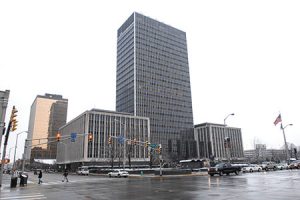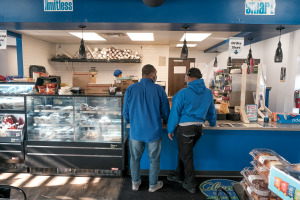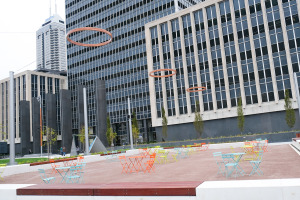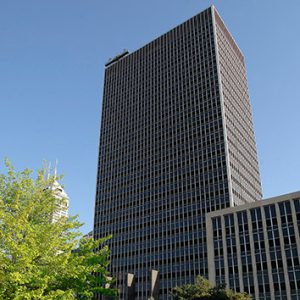
City-County Council passes measure to limit delivery fees on restaurants
The measure limits total fees to no more than 20% of a meal’s price. It also prohibits third-party delivery services from attempting to make up lost fees by passing costs on to drivers or customers.











